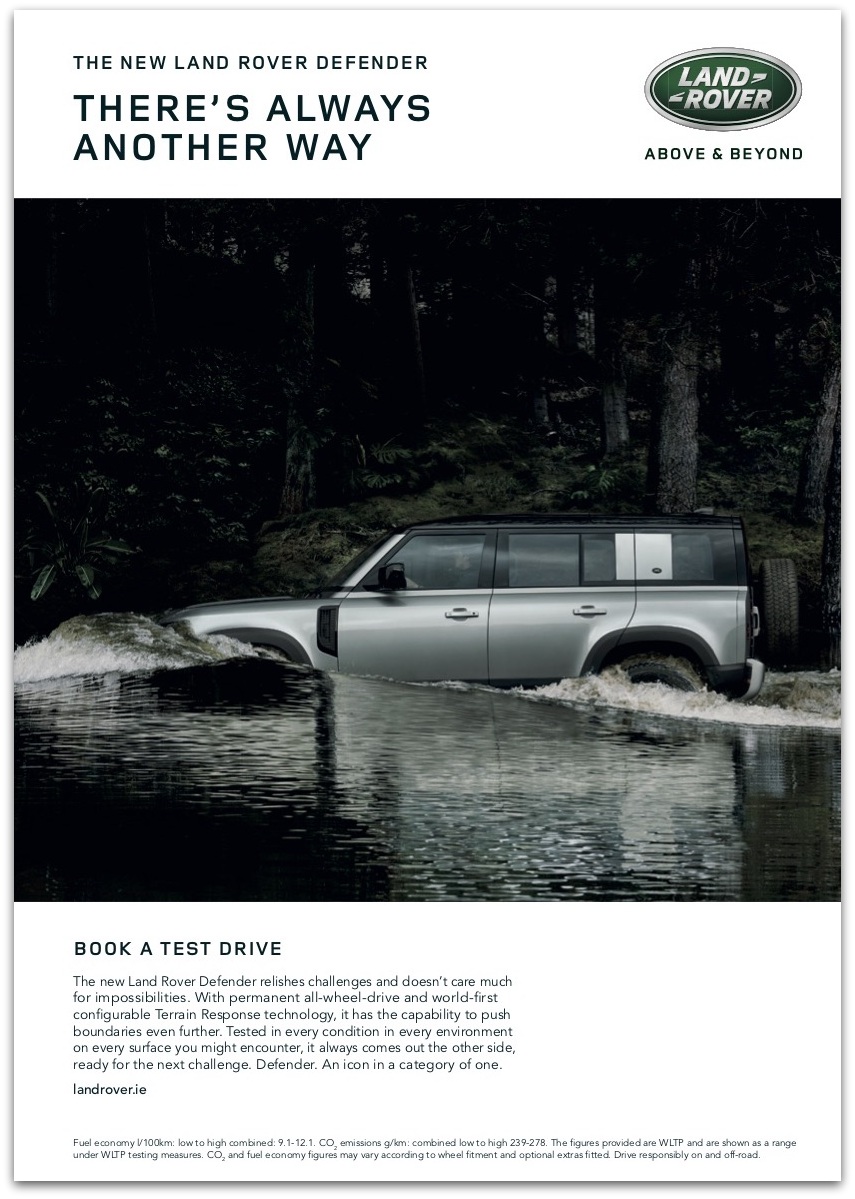Though screens and similar technology in modern cars can be viewed as distracting, driving safety gurus at Volvo Cars say such technology is a fact of life, and should be used to support people in their daily commute, writes Brian Byrne.
According to Malin Ekholm, head of the Volvo Cars Safety Centre, 'life as a whole is distracting'. “We know people do not get distracted on purpose, but it happens. You could be late for daycare and somewhat stressed. Or you get behind the wheel after a bad day at work. All this affects you as a driver.”
In a Volvo-organised safety webcast last week, she said the reality is that people want to engage with friends, family, work and entertainment, and everyone responds differently to distraction. “So we want to meet our customers where they are, not where we want them to be. That is why our focus is on using technology in the right way, so we can use it to help you stay safe behind the wheel.”
She gave as an example the advanced voice control on Volvo Cars new Android-powered infotainment system which allows drivers to control the temperature, set a destination, play their favourite music and podcasts or call their mum on her birthday – all while keeping their hands on the wheel. The company's experts believe that distraction should also be addressed via in-car cameras and other sensors that monitor the driver.
With such technologies, if a clearly distracted (or intoxicated) driver does not respond to warning signals and risks a serious, potentially lethal accident, the car could intervene, perhaps by limiting the car’s speed, alerting the Volvo on Call assistance service and, as a last resort, actively slowing down and safely parking the car.
Volvo Cars plans to start introducing these cameras on the next generation of Volvo’s scalable SPA2 vehicle platform.



